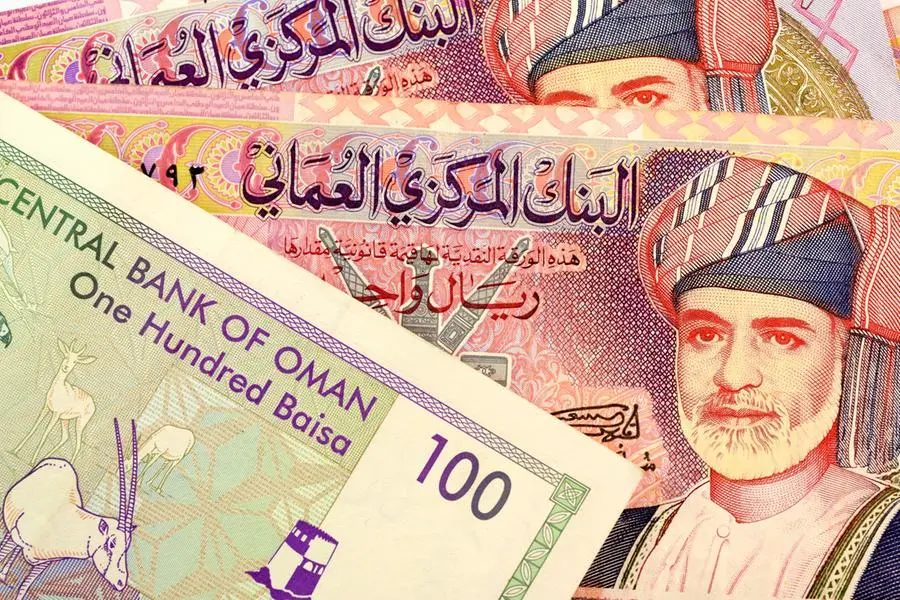PHOTO
Muscat: The size of the public debt of the Sultanate of Oman stood at about OMR15.1 billion at the end of March 2024, compared to OMR15.3 billion at the end of 2023, comprising a decrease of about OMR188 million.
By the end of Q1 of 2024, the Ministry of Finance repaid more than OMR206 million to the private sector. This reflects the payment vouchers received through the e-financial system that have completed the documentary cycle.
At the end of Q1 of 2024, the public revenue amounted to OMR2.826 billion, down by 12% compared to OMR3.217 billion registered over the same period in 2023.
This is mainly due to a decrease in net oil and gas revenues and current revenue.
At the end of Q1 of 2024, the net oil revenue amounted to OMR1.688 billion, down by 1% compared to OMR1.707 billion registered over the same period in 2023. The average realised oil price amounted to US$ 83 per barrel and average oil production reached 1,014,000 barrels per day.
At the end of Q1 of 2024, the net gas revenue amounted to OMR444 million, down by 38% compared to OMR720 million registered over the same period in 2023. This is due to the deduction of gas purchase and transport expenses from the total revenue collected from Integrated Gas Company.
At the end of Q1 of 2024, the current revenue amounted to OMR691 million, down by OMR96 million compared to OMR787 million registered over the same period in 2023.
At the end of Q1 of 2024, the public spending amounted to OMR2.664 billion, down by OMR103 million, i.e. 4% compared to the same period in 2023.
At the end of Q1 of 2024, the current expenditure of civil ministries amounted to OMR1.978 billion, down by OMR49 million compared to OMR2.027 billion registered over the same period in 2023.
At the end of Q1 of 2024, the development expenditure of ministries and government units amounted to OMR200 million, representing 22% of total development spending, i.e. OMR900 million, allocated for 2024.
At the end of Q1 of 2024, the total contributions and other expenses amounted to OMR486 million, up by 78% compared to OMR273 million registered over the same period in 2023.
This is mainly due to the application of social protection system, alongside oil products subsidy which amounted to OMR140 million and OMR72 million, respectively, by the end of Q1 2024. Furthermore, an amount of OMR100 million was transferred to future debt obligations budget-item.
In recent years, the Sultanate of Oman has successfully reduced its public debt to minimise the risks associated with its debt portfolio, by implementing various measures and initiatives to rationalise public spending and increase non-hydrocarbon revenue. Furthermore, this was achieved by utilising part of the additional revenue for liability management through buy-back some of the sovereign bonds for less than its nominal value, replacement of high-cost loans with low-cost loans and issuance of Sukuk and domestic bonds in the Muscat Stock Exchange at a preferable rate.
Government efforts to reduce public debt and mitigate its effects on economic growth have directly contributed to raising Oman’s credit rating and improving its outlook.
The credit rating agencies have praised government efforts in managing financial obligations and reducing public debt.
© Muscat Media Group Provided by SyndiGate Media Inc. (Syndigate.info).




















